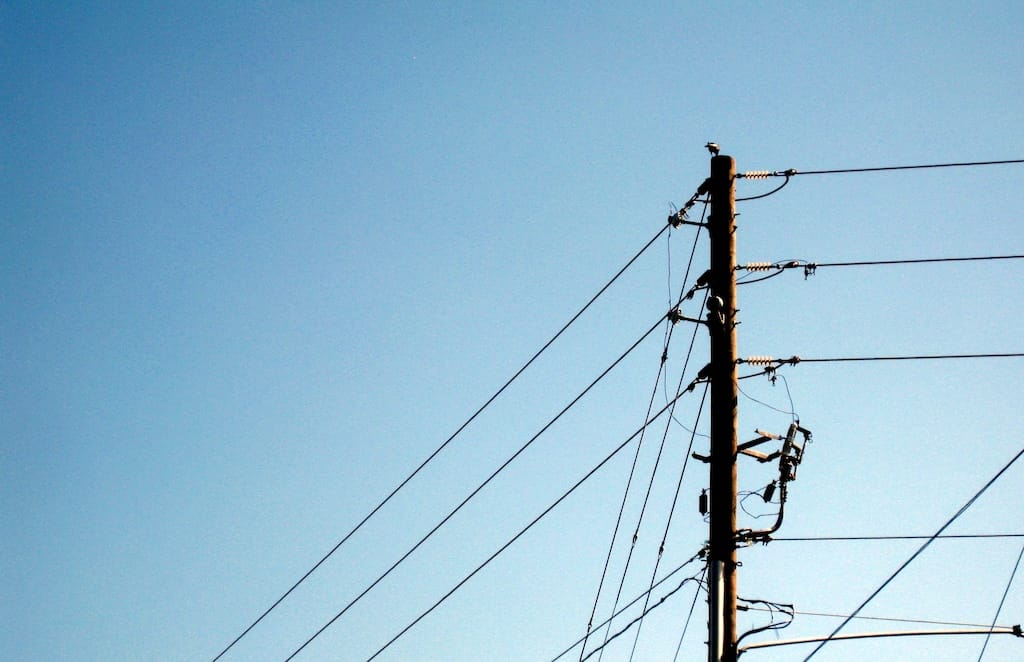FCC to Consider ‘Rapid Response Team’ for Pole Attachment Disputes at December Meeting
Proposed rules would also put more limits on when utilities can pass full replacement costs to telecom companies.
Jake Neenan

WASHINGTON, November 28, 2023 – The Federal Communications Commission is considering setting up a “rapid response team” to resolve pole attachment disputes, according to a public draft of the proposed rules.
The Rapid Broadband Assessment Team, or RBAT, would be available to resolve disagreements that “impede or delay broadband deployment,” according to the proposed rules. The team would be responsible for quickly engaging both sides of a pole attachment dispute and working to find a solution, which can include staff-supervised mediation.
If the parties cannot come to an agreement, the RBAT can place their dispute on the commission’s “Accelerated Docket,” meaning the FCC would adjudicate the issue in under 60 days. Not all disputes are eligible for the Accelerated Docket, as the tight time constraint makes it difficult to resolve novel or complex cases.
The commission is also considering requiring utility companies to provide attachers with their most recent pole inspection information. That’s an effort to avoid disputes before they start, according to the proposed rules.
Expanding broadband networks often involves attaching equipment to poles owned by utility companies. The arrangement has led to ongoing disputes on replacement costs and other issues between telecommunications and utility companies.
The FCC has authority under the 1996 Communications Act to set the terms of those pole attachment deals and is looking to have a system in place for expediting disputes ahead of the Biden administration’s $42.5 billion broadband expansion effort. That authority only stretches to the 26 states that have not passed their own laws on pole attachments.
Pole replacement costs
On pole replacement costs, one of the more contentious pole attachment issues, the proposed rules place more limits on when a utility can force an attacher to pay in full for a replacement pole. The commission’s standing policy prevents pole owners from passing off replacement costs if the new pole is not “necessitated solely” by an attacher’s equipment.
Since the commission first sought comment on the issue in 2022, telecommunications companies have argued that utilities unfairly pass the entire cost of replacement on to them, even when poles are already unsafe and would need to be replaced regardless. Utilities say they would not normally replace the poles being used by telecom companies, either because they are structurally sound or to phase out old lines, and don’t benefit from the installation of newer poles.
The draft rules would expand the commission’s definition of a “red tagged” pole, the replacement of which cannot be allocated entirely to an attacher. Under current FCC rules, a red tagged pole is one that is out of compliance with safety regulations and has been placed on a utility’s replacement schedule.
The updated definition would do away with the compliance requirement, defining a red tagged pole as one flagged for replacement for any reason other than its inability to support extra telecom equipment.
The proposed rules also explicitly clarify some situations in which replacements are not “necessitated solely” by new telecom equipment, including when a pole fails engineering standards or is already on a replacement schedule.
In addition, the rules specify that when an already defective pole needs to be replaced with a larger pole to accommodate new equipment, the attacher would only be responsible for the extra cost of the larger pole, not the cost of an equivalent pole.
If the proposed rules are approved, the FCC would also look for comments on processing bulk pole attachment applications and on changing rules on when attachers can do their own work to prepare a pole for attachments.
The measures will be voted on at the commission’s December 13 meeting.








